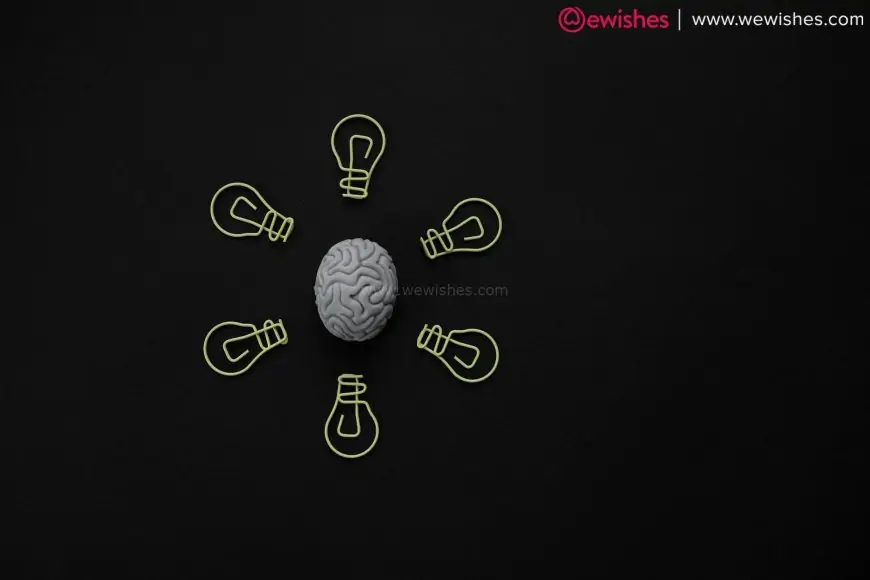It is something that almost everyone dreads - receiving a phone call saying that their mother, father, sister, or other relative has had a stroke.
Strokes can be devastating based on where they occur in the brain. For some people, a stroke may feel like a very bad headache, and they may only lose the use of the muscles in their arm. However, for others, strokes can cause memory loss, long and short-term, and even speech, making it even more difficult to recover from.
However, if you have a family member that you are caring for who has had a stroke, and whose memory has been affected, there are some things that you can do to help, and in this article, they will be explored.
Support
The first thing to consider is support.
If you are a full-time carer, then you are going to need help supporting them, even if you have worked in a ward for people who have had strokes. There are many services in the community and based in outpatient units in hospitals that can help, so look for memory care University City options.
Even visiting a community center with your loved one once a week to attend a class can be helpful, as it is based on routine, and helps them to socialize.
Routine
Routine is crucial to management after a stroke for the person you are caring for.
Routines and habits will gradually become etched into their memory, and this will help them to build familiarity with what is going on. Try not to deviate too much if you can. It may even be worth placing a calendar on the wall of the kitchen or living room to help them see their daily routine.
Medication
There may or may not be medication available to help. This is based on many factors, but for many, it will depend on the severity of the stroke, the extent of the damage, how soon after the stroke the medication is started, and the skill/knowledge of the team overseeing your loved one's care. Remember, recovery is an ongoing process, especially with memory loss, so even with medication following a stroke, it should not be the case that you expect them to recover immediately. Aim to keep in contact with the neurologist and doctors who are overseeing their medication, and always report any worrying changes that you observe.
Help Them with Notes
Recovery aims to help them to remember, and much like the calendar, it can be worth helping them to take notes of events that may be coming up or the information that they have been given in a phone call. This will promote independence and, for many, is a routine thing to do anyway.
Exercise
Exercise can help with recovery from a stroke and has been found to increase blood flow to the brain and neurological activity. So, try to put it on the calendar of the person you are caring for that, for around 30 minutes a day, they may need to be doing yoga or going for a walk. Just make sure that the activity is within their abilities.























